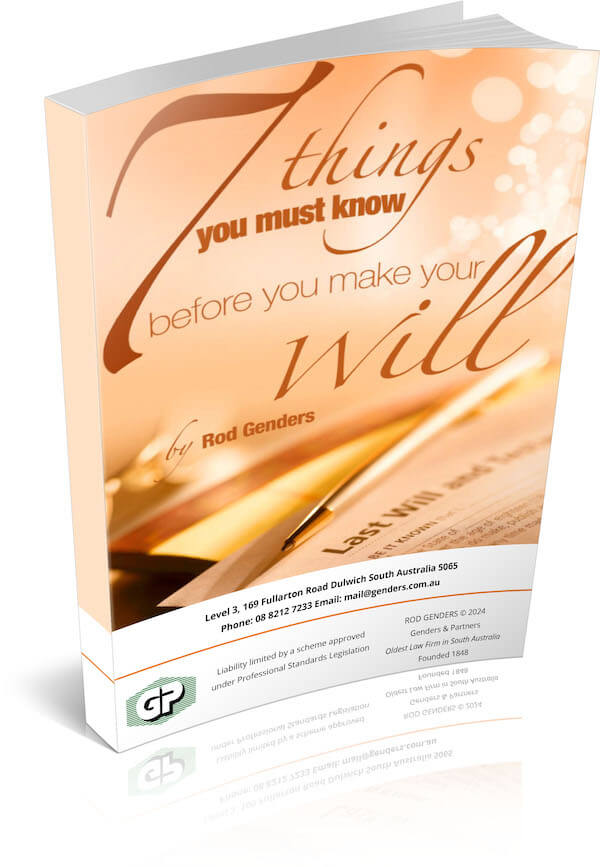
Major bank’s belated discovery of stored Wills could trigger estate disputes
It has emerged that one of the largest and oldest banks in the world – Lloyds Bank – has discovered a cache of thousands of stored Wills in its ‘Safe Custody’ service.
The service was closed to new customers in 2011, but in 2019 the bank discovered that the approximately 190,000 papers still stored there included about 9,000 Wills. Some of the envelopes could not be matched to Lloyds’ customers.
The discovery potentially creates a difficult situation for families and executors who may have administered a deceased’s estate using what turned out to be the wrong Will, not knowing that the right one was stored at Lloyds.
This has created problems for hundreds of Lloyds’ customers, typically where the estates have been distributed to the wrong beneficiaries. The effect is likely to be a rash of contentious probate and negligence cases, as well as tax disputes where estate-planning measures in the ‘lost’ Wills were not implemented.
This is just one of several problems using banks for safe custody.
- Several large institutions have ceased providing similar safe custody services, especially if they have merged with other organisations or gone our business.
- When such institutions cease providing their service, they may not have accurate and up to date records of your contact details to advise you of the change. This is especially the case if the documents had been held for a long time, predating modern databases and electronic contact managers.
- A bank safety deposit box may not be accessible to the executor of your Will until after they get probate and this cannot be granted without a Will. There is therefore a circular problem, where the Will can only be provided to the person with lawful authority to receive, but that person cannot obtain the lawful authority without first having the Will.
- Banks and financial institutions typically charge an annual fee for storing the Will.
The best solution is to create your Will and other estate planning documents with a lawyer who specialises in this area of law, and have the lawyer securely store the original documents for you, while you retain copies in your own possession.
In this way, you will always be able to see the text of what your documents say, but the originals will be protected from loss, theft or tampering by anyone with access to you.
Storing the original of your Will at home is also discouraged. It is worth remembering that the people with access to you – ie friends and relatives – are the very people who might stand to benefit from the loss or destruction of your important papers. Best to keep them out of harm’s way.
Also, as people age and move into smaller accommodation, it is very common for papers to be mislaid, sometimes with major consequences. A lost or damaged Will can cost many thousands in additional Court and legal fees. Keeping copies only for yourself, with the originals securely held independently is the recommended strategy.
The oldest law firm in South Australia – Genders and Partners, established 1848 – specialises only in Trusts, Wills and Estates, and provides free storage of the estate planning documents they create for their clients.
For more information on Wills and creating a modern integrated estate plan to guard against intestacy, or other estate planning topics, contact the oldest law firm in South Australia – Genders and Partners (established 1848) to explore our articles and visit our website today to schedule your free and convenient telephone consultation!
SPECIAL REPORT “7 Things You Must Know Before You Make Your Will”
In this report you will Learn:

Why home-made Wills can be a LOT more expensive than you might think.
The secret weapons used by the rich & powerful to protect their assets, and transfer their wealth two or three generations ahead.
How Estate and Trustee Companies make BIG money from “free” Wills.
The Most Common Estate Planning Mistakes, how they can cost your family a fortune, and How to Avoid Them.
The Elements of a Sound Estate Plan – why a Will alone is not enough.
How to Make Sure Your Assets Stay in Your Family and are not lost to creditors, lawsuits or ex-spouses.
How to guard against challenges to your Estate after you’re gone.